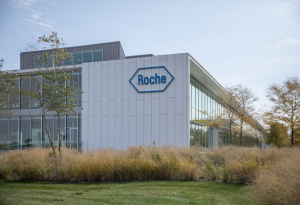
Roche receives FDA clearance for Alzheimer’s blood test
The test—developed in collaboration with Eli Lilly and Co.—does not diagnose Alzheimer’s but is designed to rule out the presence of the disease’s pathology early on, or indicate further diagnostics are needed.












